UNE Women of Health & Medicine
INTERNATIONAL WOMEN'S DAY
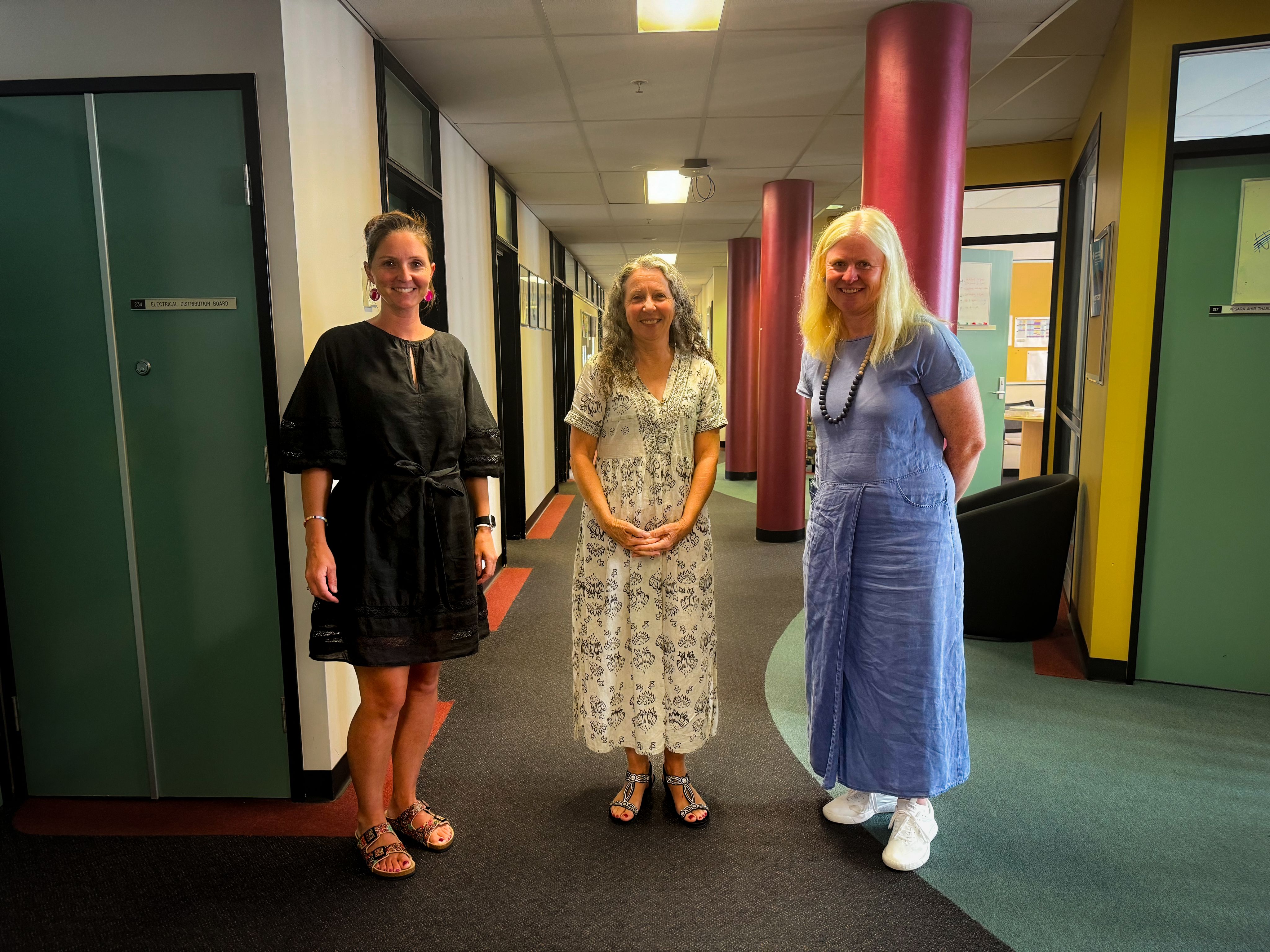

International Women's Day (IWD) is an opportunity to celebrate the inspirational women in our lives.
Women are our healers. Our mothers. Our daughters and sisters. And much more...
With 70% of global healthcare workers and practitioners being women, we have a lot to celebrate today.
Women are now entering our health industries in an exponential manner. The Australian healthcare and social assistance workforce is comprised predominantly of women, making up a staggering 79% of the workforce.
These numbers are testament to the trailblazers who came before. The teachers, mentors and colleagues that paved the way for women in healthcare.
In celebration of today, we spoke with some of these inspiring trailblazers to learn more about their careers, barriers they may have faced, what IWD means to them, and advice on how we can encourage future female leaders.
Please find their Q&As below.
Elaine, Jane
and Sally
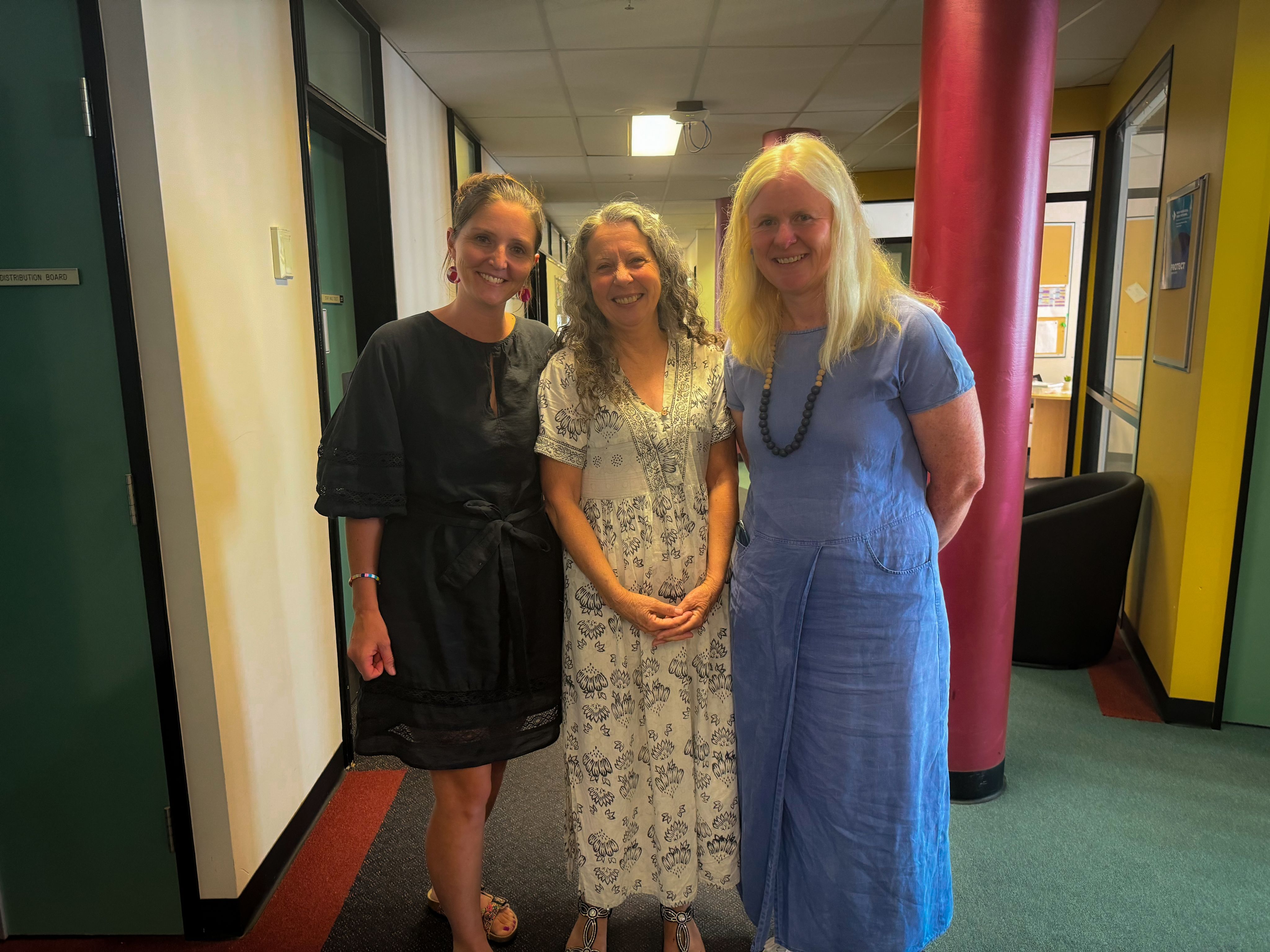

Elaine Towner
Tell us a little about yourself?
I don’t recall when or how, but I always wanted to be a nurse. Caring for others is all I wanted to do. After training at UNE, I worked in the private sector before finding my passion with intensive care and coronary care nursing. I did all of this as a young parent, student, and new graduate, juggling the responsibilities we end up with. After 10 years of clinical practice, I decided to follow my other passion of nursing education.
Is there anyone who inspires you in your career?
I recall the ability of my senior nurse clinicians to know their patients' conditions, how the body works, what is needed, why, to think critically and all while supporting and caring for the patient and their loved ones. I have appreciated my peers at the birth of babies and at the passing of life. In education, I have seen the passion, commitment and drive to ensure we deliver well-educated, respectful, caring nurses with support for educators to strive for engaging and innovative education. And I have learnt the importance of evidence-based practice and the value of nurses who contribute to this. There are so many inspiring women I have come across in my career. I just hope I can pass on a little of that inspiration.
How can we encourage future women leaders?
My advice to our emerging nurses and nurse leaders is that opportunities in nursing are many - follow these opportunities and make a difference, find your area, and start small; every small thing makes a difference.
Professor Jane Clark - 'What does IWD mean to you?'
Professor Jane Clark - 'What does IWD mean to you?'
Sally Bristow
Tell us a little about yourself?
I grew up on the northern beaches of Sydney. I never really thought about nursing as I always loved human geography and the environment, and I thought I would like to do something in that area. When I finished school, I moved to Armidale to commence a Bachelor of Urban and Regional Planning and lived at Mary White College. Although there were aspects of the course I loved, I didn’t like the bureaucratic nature of town planning and local council and development. So, I thought I could do teaching or nursing instead, which is more people orientated.
What advice do you have for women who want to make a career in nursing?
Nursing can take you anywhere. It is a career with so many facets. You can work in correction services, on an oil rig, on tropical islands, in hospitals large and small, and in remote communities. There is always work and opportunity.
Have you faced any barriers in your career due to being a woman?
Yes. I remember returning from one particular meeting, and I had never felt so female. My voice was not heard or acknowledged. This rarely occurs, and I just brushed it off.
Lecturer Elaine Towner - 'What does IWD mean to you?'
Lecturer Elaine Towner - 'What does IWD mean to you?'
Jane Clark
Tell us a little about yourself?
I grew up in Grafton – famous for its Jacaranda Festival and ‘all things purple’ including the beer! I’ve always loved learning - my mother was a school teacher and a wonderful role model - and I knew from an early age that I wanted to study something that would allow me to ‘help people’.
Professionally, my experience has been grounded in a variety of allied health care settings, leading to many years as both a counselling psychologist in private practice and as an academic at UNE in the counselling discipline and then as Head of School for Health. I feel incredibly lucky to have been able to have such a rich and rewarding professional career!
What does your current role at UNE entail?
My current role is as the Associate Dean, Teaching and Learning in the Faculty of Medicine and Health. In a nutshell, it entails providing leadership, support and strategic direction in relation to ‘all things teaching and learning’. I have daily opportunities to work with staff, both academics and professionals, to ensure that UNE continues to offer innovative academic programs and an outstanding learning experience to its students.
Is there anyone who inspires you in your career?
I am inspired on a daily basis - both personally and professionally - by the people I work with.
Associate Professor Sally Bristow - 'What does IWD mean to you?'
Associate Professor Sally Bristow - 'What does IWD mean to you?'
Head of School Michelle Guppy - 'What does IWD mean to you?'
Head of School Michelle Guppy - 'What does IWD mean to you?'
Head of Rural Medicine, Michelle Guppy
Sarah & Michelle
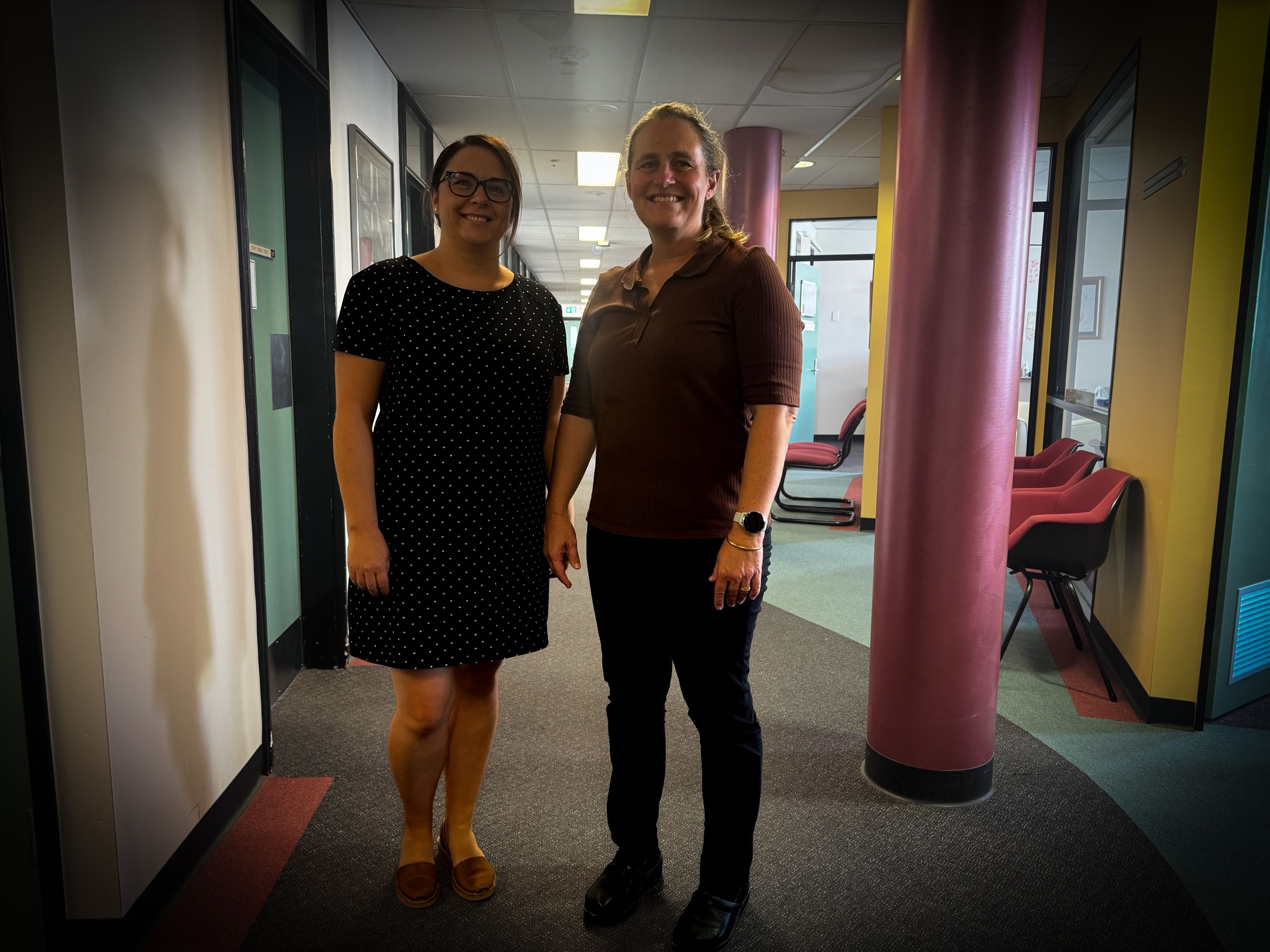

Faculty Operations Manager Sarah Everett - 'What does IWD mean to you?'
Faculty Operations Manager Sarah Everett - 'What does IWD mean to you?'
Sarah Everett
Tell us a little about yourself?
My family moved to Armidale when I was 5 years old, right before I started kindergarten. I completed my schooling locally and after finishing school I worked for a local family-owned business for 12 years. In 2014 I joined the finance team at Armidale Regional Council, where I worked predominantly in payroll. In 2019 I made the move to UNE, where I have had multiple roles, all within the Faculty of Medicine & Health. These roles have been challenging, interesting and rewarding in their own way and I have learnt a lot!
How can we encourage future women leaders?
I think empowerment plays a large part in developing women into leaders. Investing in ongoing professional development and gaining experience creates empowerment and confidence, and I think that helps build a foundation for success.
Is there anyone that inspires you in your career?
My inspiration in my career (although more importantly in life!) has always been my Mum. She faced any challenge head on, with a strong, positive approach. She was always kind, calm and respectful in every situation and one of the many things she taught me was to tackle one thing at a time!
Why do you think diversity in the workplace is so important?
I think diversity is very important. It brings people together with different ideas, perspectives and unique experiences. It will help to foster an inclusive, innovative and effective team environment.
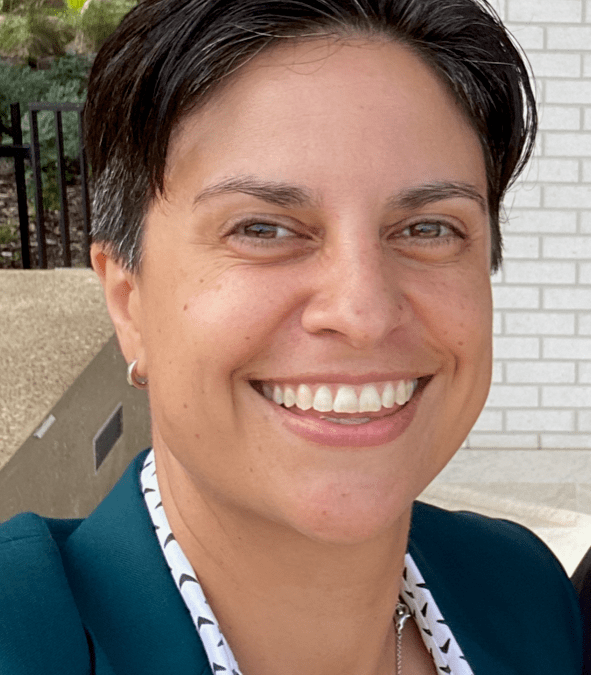
Executive Dean, Jen Williams.
Executive Dean, Jen Williams.
Executive Dean, Jen Williams
Tell us a little about yourself?
When I finished school, I wasn’t sure what I wanted to do, but I was really sure I didn’t want to be a doctor, so I did a dual degree in science and arts. As I was approaching graduation, I wondered about what to do next, and decided that I definitely didn’t want to be an academic - like my parents - so I did medicine. I figured so many smart people do medicine that there must have been something good about it. Turns out medicine is a wonderful career – there is something in it for everyone. After completing my medical degree, I specialised in emergency medicine and along the way I became involved in medical education. Genetic predisposition to academia is really hard to fight. So, I’ve had a dual clinical-academic career, which ultimately led to a wonderful opportunity to return to Armidale - where I spent several years as a child - to work as the Executive Dean of the Faculty of Medicine and Health.
Jen &
Liz
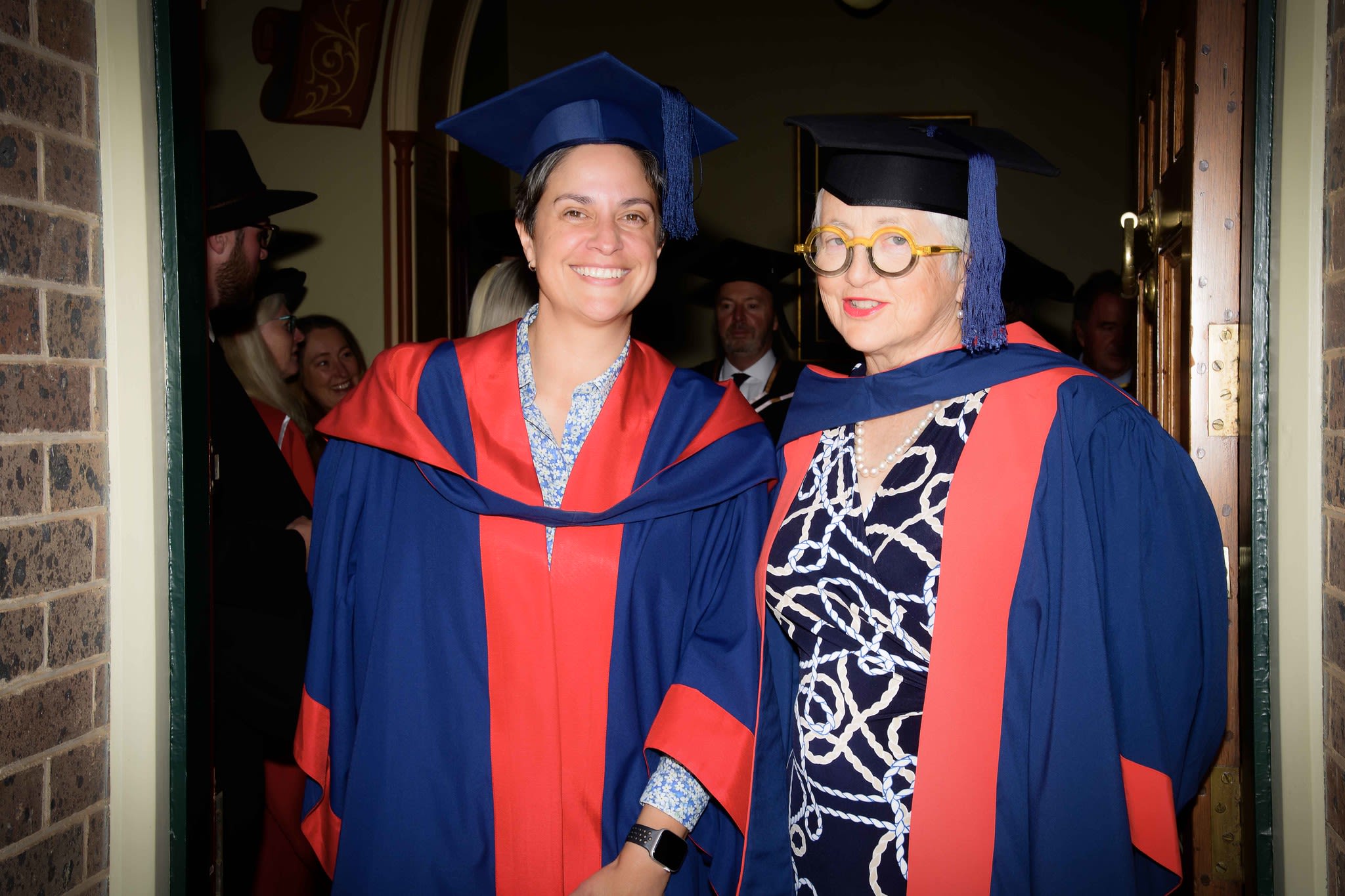

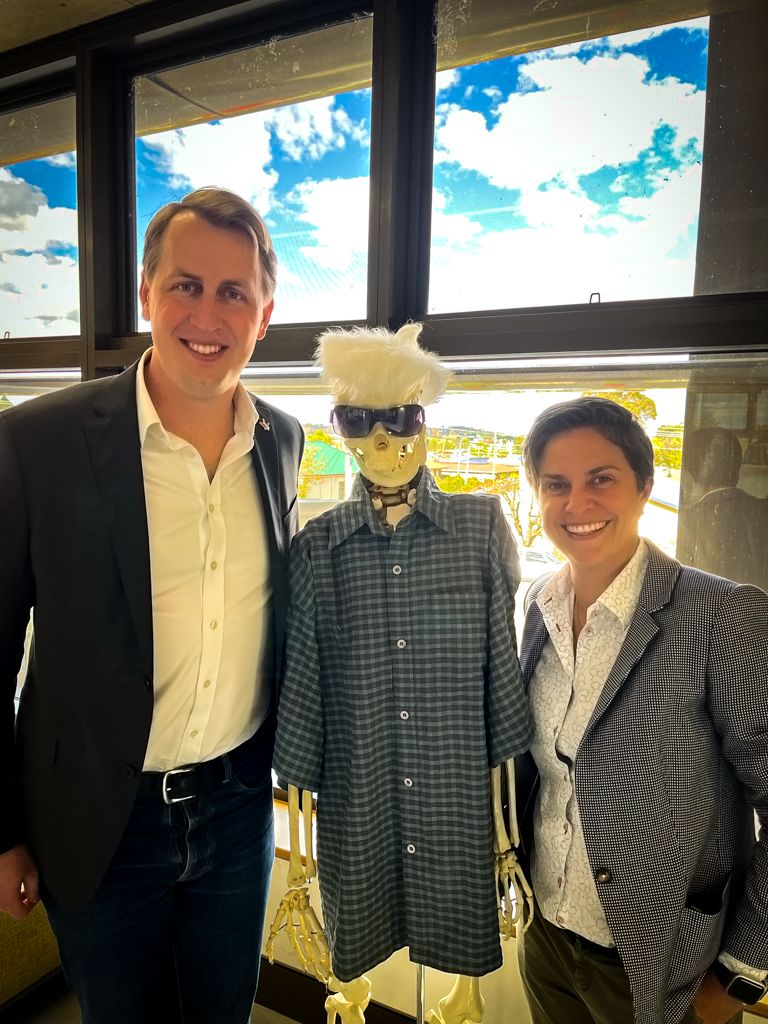
Jen at Tablelands Clinical School with Australian Medical Association NSW President Dr Michael Bonning.
Jen at Tablelands Clinical School with Australian Medical Association NSW President Dr Michael Bonning.
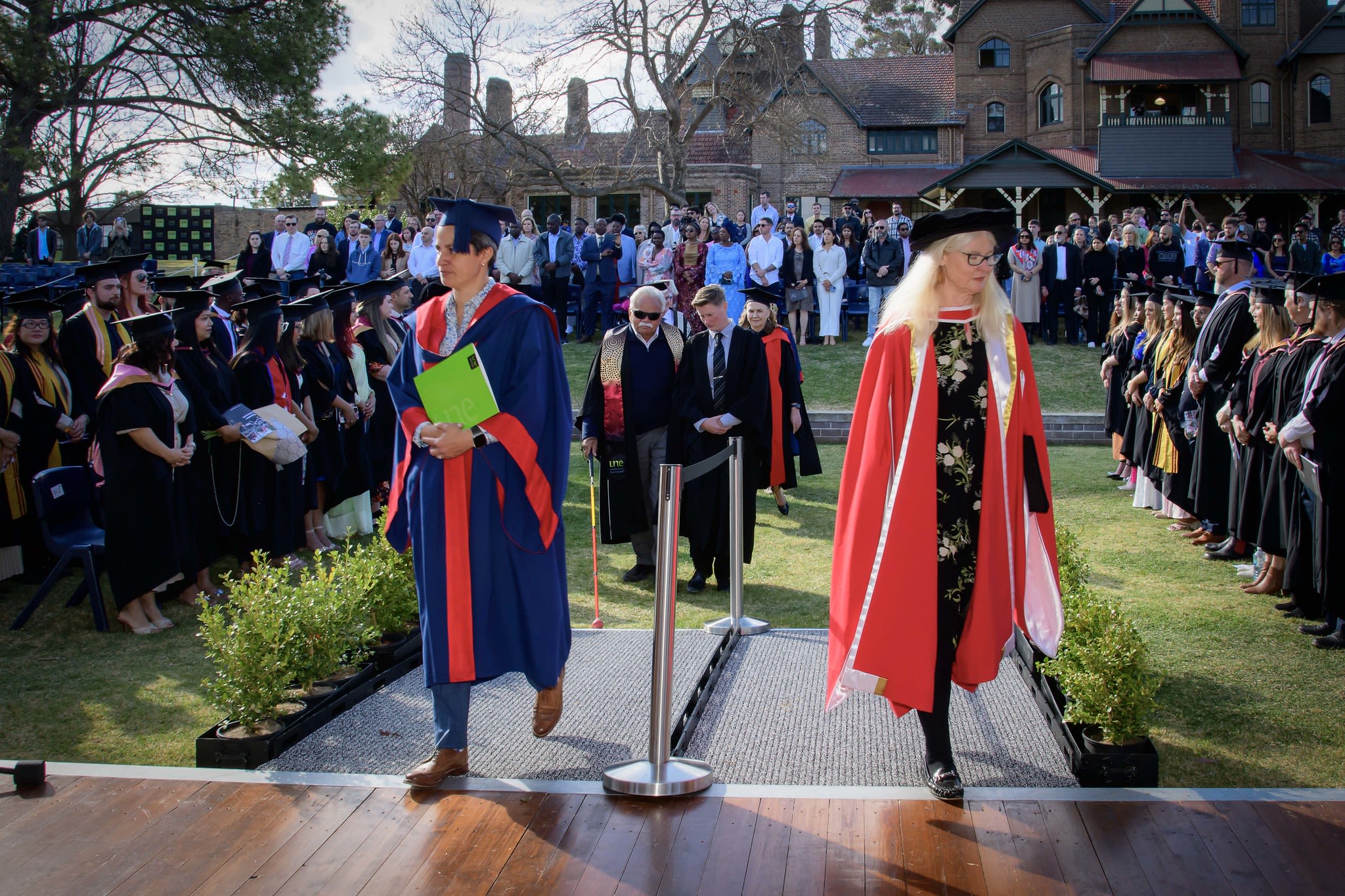
Jen Williams and Sally Bristow at winter graduation ceremony.
Jen Williams and Sally Bristow at winter graduation ceremony.
How can we encourage future women leaders?
Future women leaders need women to look up to, so role modelling is vital. Providing mentorship and helping other women find opportunities are also key, as is examining our own biases and behaviours and making sure we are contributing positively to personal and organisational improvement and solutions.
Why do you think diversity in the workplace is so important?
As educators, we must broaden horizons for our students. Diversity brings a breadth of wisdom, experiences and perspectives to this duty – it’s the antidote to myopia.
What does your current role at UNE entail?
On the practical side, my job entails going to a LOT of meetings. But the really important part of this job is the challenge of leading a dynamic, multidisciplinary faculty, in the pursuit of our goal of helping solve the rural health crisis by educating future health professionals and conducting and translating research.
What does International Women’s Day mean to you?
As a parent of two girls, and the daughter of a very formidable woman, International Women’s Day is a chance to acknowledge the work our predecessors have done to ensure that women can have access to any opportunities in society that we may wish to pursue. It is also a time to reflect on what responsibility one carries as a female leader – to be visible as a role model to young women and girls, to be a custodian of women’s place in society, and to break through glass ceilings to make space for the next generation of women to excel.
Any advice for women who want to make a career in medicine?
Medicine is a wonderful career. It is challenging, fulfilling, humbling and diverse. There is truly something for everyone in medicine – you have to be prepared to work hard, make sacrifices, and embrace altruism, and in return your life will be richer for the experience of working in a highly privileged position.
Have you faced any barriers in your career due to being a woman?
It’s hard to know for sure whether barriers have existed due to being a woman – the barriers can be quite tacit. I have certainly experienced sexist commentary in the workplace, and I have been on the receiving end of the gender pay gap. There are still occasional meetings in which I am the only woman. And others in which women’s contributions are seemingly overlooked. Overcoming barriers is a team effort – from a quiet word with a man if he has been perhaps unwittingly sexist, to always vocalising support for the ideas of other women – everyone plays a part in moving the needle.
Is there anyone who inspires you in your career?
Big shout-out to my mum here – Emeritus Professor Acram Taji - the first and still the only woman in rural science and agriculture at UNE to attain professorship. And also, to my wonderful mentor, Professor Victoria Brazil. And finally, to tonnes of women from diverse backgrounds and places who inspire me every day – all the wonderful women I work with, too many to name! - and many others such as Julia Gillard, Julie Bishop, Oprah Winfrey, Serena Williams aka my sister, Julia Louis-Dreyfus, Jasmine Moghbeli, Christiane Amanpour, Alondra de la Parra and Christine Lagarde.
Liz Cotterell
Tell us a little about yourself?
I trained and worked as a paediatric emergency specialist in Sydney before making a career change and family lifestyle move to Armidale in 2010. I'm definitely a city girl with limited experience of rural living.
This move has enabled me to develop my academic interests in medical teaching and research in health care for children in regional and rural settings, and complement it with a clinical role at Armidale Hospital as a paediatrician.
What does your current role at UNE entail?
I'm the Clinical Dean of Tablelands Clinical School. I supervise the 3rd, 4th and 5th year medical students who are on clinical placement at Armidale Hospital.
I contribute to teaching in the simulation lab for 4th year medical students in clinical skills teaching, as well as support paediatrics specialist content teaching across the Joint Medical Program.
As a small clinical school, we are able to offer the students an experience that values their individual learning and demonstrates the importance of the rural and regional healthcare workforce.
Is there anyone who inspires you in your career?
Health care providers who I work with across nursing, general practice, medical and surgical specialists in regional and rural locations.
Despite their demanding work roles, they continue to contribute enthusiastically to the teaching of students to pass on what they have learned and to make the way forward better.
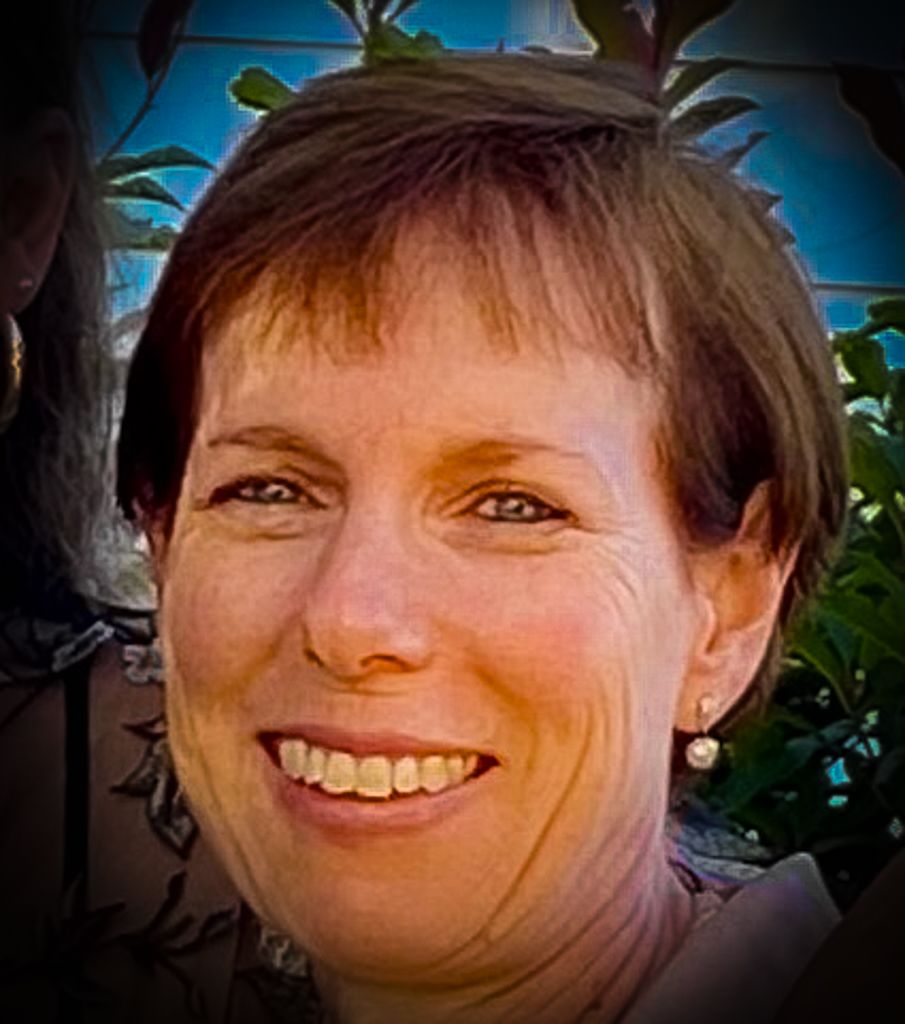
Associate Professor Liz Cotterell.
Associate Professor Liz Cotterell.
What does International Women’s Day mean to you?
An opportunity to raise the profile of women in the workplace as well as to inspire the next generation of women in leadership roles.
Any advice for women wanting to go into medicine?
It is a challenging and worthwhile career that offers many opportunities to make a vital difference to the lives of individual patients, as well as the contribution to the health care team for populations.
Medicine is a demanding career that offers a range of options in different disciplines. Balancing life and work demands is increasingly the focus of maintaining a sustainable workforce.
There has been a recent shift in the longstanding culture of work prioritisation over life outside medicine, and I feel strongly that the next generation of doctors, particularly women in leadership roles, will continue to develop this.
Sarah & Myf
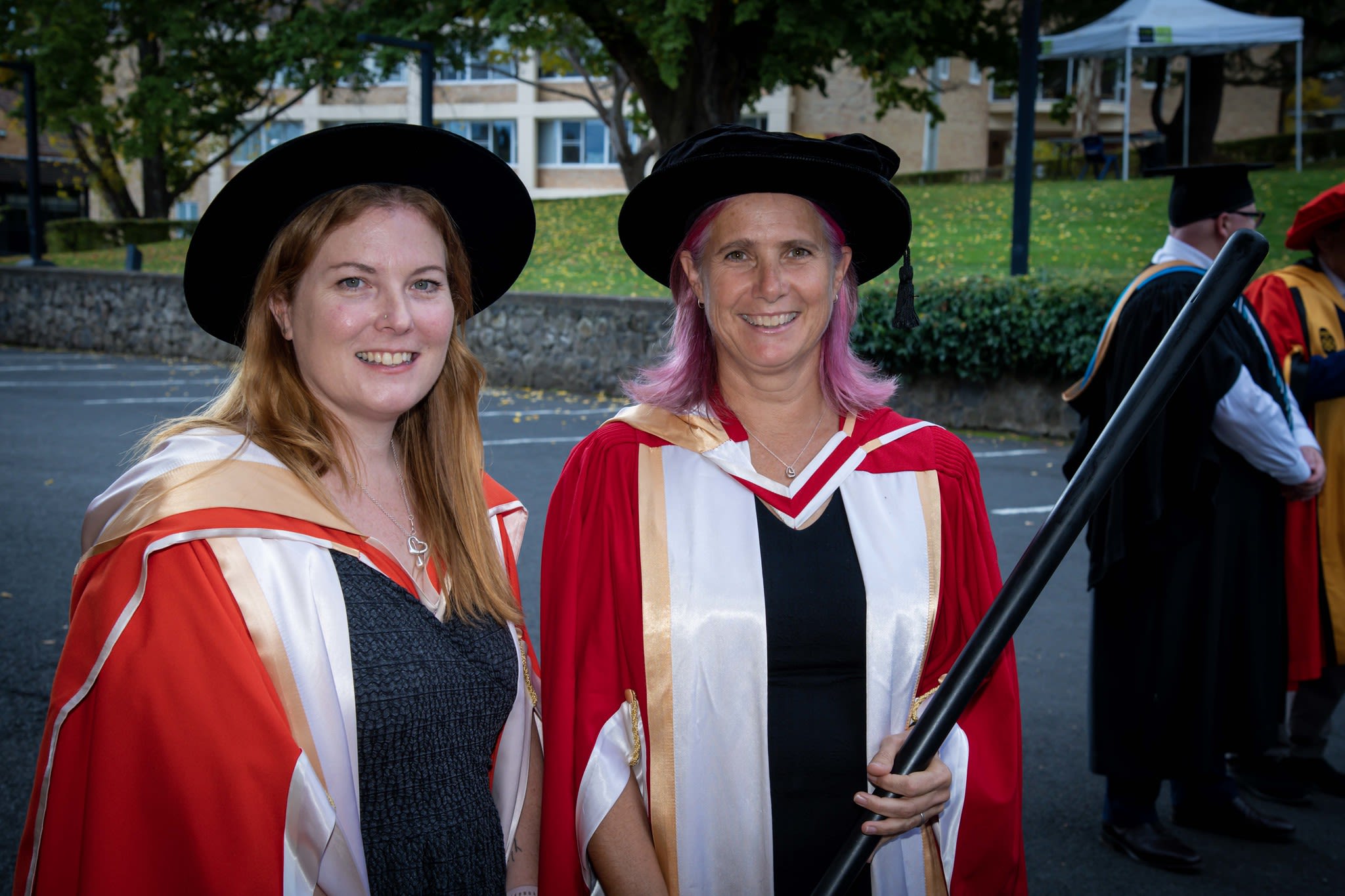

Sarah Wayland
Tell us a little about yourself?
I’m a Sydney-based UNE academic from the Faculty of Medicine and Health, who grew up in the inner west of Sydney. I now live on the upper north shore with a blended family of 4 kids and two dogs and one husband.
I went straight from school to university and chose social work based on the fact that it wasn’t nursing. However, after my first sociology lecture I was sold on the idea that you could dedicate a whole career to understanding people in their environments, and that is what I have done. I spent the first 15 years of my career working in the trauma field, as a specialist counsellor and then manager for families of missing people and victims of crime, and then made the move to academia after Professor Myf Maple convinced me to do a PhD after hearing me talk at a conference. Given we have worked side by side for much of the last 12 years, I’m never quite sure if she regrets that day!
Is there anyone who inspires you in your career?
Ever since I started working in universities - I’ve been at 3 over the last 12 years - I’ve collected inspiring women in each place who hold me up and provide me with encouragement. It means that I have a virtual support crew on tap when I need to check in about a grant, get some advice on a job or simply ask for some life advice – which I think we all need. They all inspire me.
My three daughters – Gem, Liv and Poppy – inspire me each day as they have all grown into amazing, outspoken young women who are exploring life without expectations of what a young woman ‘should’ do. They show me that challenging assumptions and just getting on with it is a skill my generation needs to embody.
How can we encourage future women leaders?
In late 2023 I attended the WATTLE women’s academic leadership retreat, and I was really struck by how some of us hesitated in taking the next step in our career. Women aren’t the best at backing ourselves. When I speak to other women I encourage them to always say yes to opportunities – most of my career moves have come about from ‘acting’ in roles, stepping in for others, or simply reaching out and offering my skills when someone is unaware that I exist. I don’t think it’s about encouraging confidence, it’s about reminding others that you can change your trajectory in small but authentic ways.
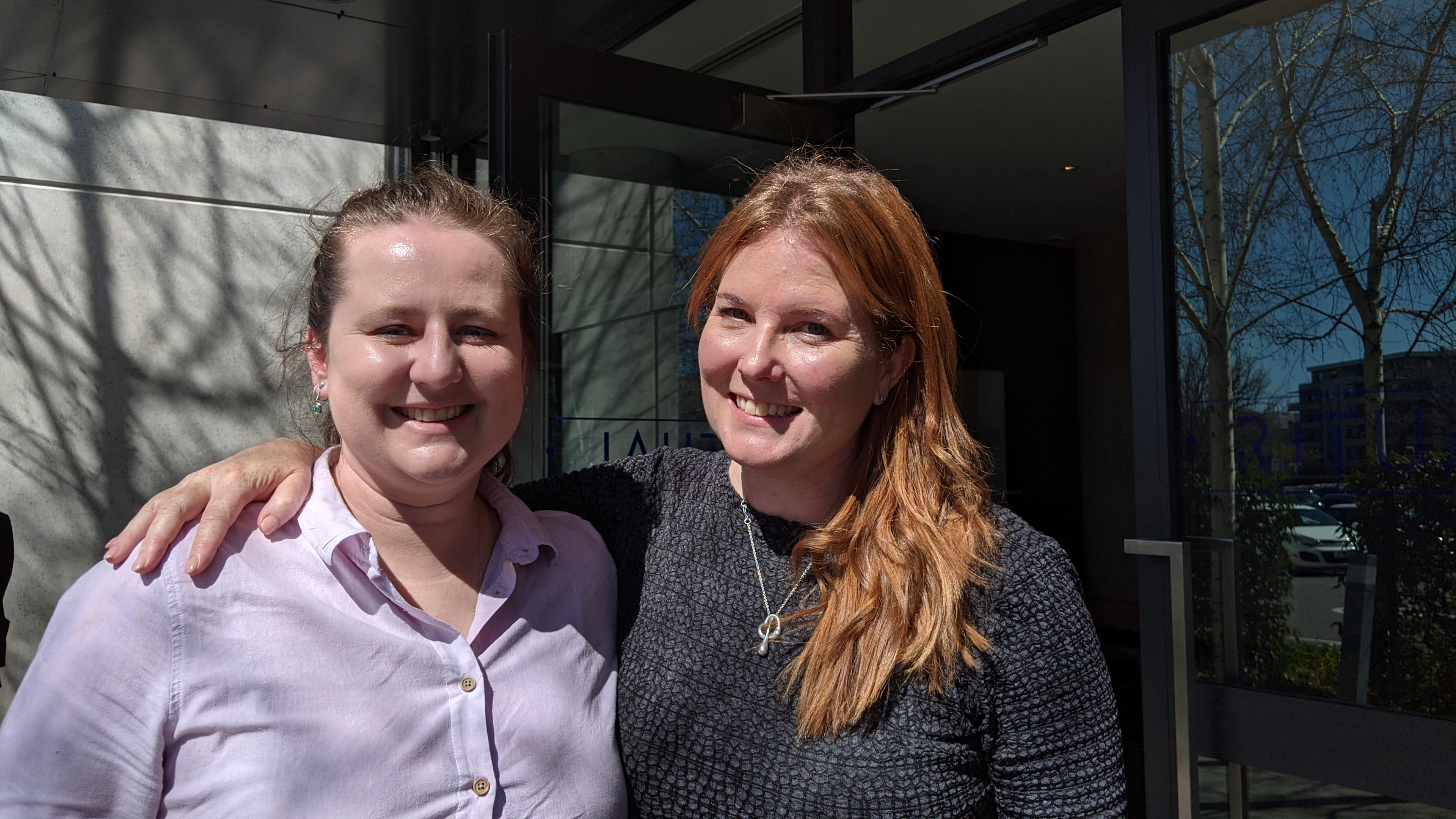
Sarah with research student Hayley Purdon.
Sarah with research student Hayley Purdon.
Myf Maple
Tell us a little about yourself?
I grew up in Sydney on the edge of an extensive national park, so while I was in the suburbs a lot of my time was spent wandering through the bush. From this beginning – and following my undergraduate studies at UNSW in social work – I left Sydney for ‘The Bush.’ When I was working for the local New England health service, I came up to UNE to see if I could undertake a PhD. I was lucky enough to be able to work with - now Emeritus - Professor Victor Minichiello, commencing my PhD at the beginning of 2001 on a scholarship with a teaching top-up scholarship. I completed my PhD in 2004 and I just haven’t found any reason to leave UNE since. I am so lucky that through my time at UNE I have had many opportunities that I just would not have had at a larger, metro university. For example, I received a small grant to scope the viability of UNE delivering a social work degree. This was back in 2007, and from that small seed, I wrote the curriculum, received accreditation for it and became the sole social work academic at UNE. Now we now have thriving undergraduate and postgraduate qualifications in social work, have graduated hundreds of students, and have a fabulous social work team in the School of Health with national and international networks. This is just one example of the opportunities that I have had the privilege of leading here at UNE.
Any advice for women who want to make a career in health and social work?
Have a look around at the types of roles you might be interested in, and then consider the profession that might give you the training that aligns with your passion and your world view. Some health and social care professions have done a lot of promotion of a particular way of working psychologically with individuals; there are so many other ways of working in mental health and social care. Social work is one of those. A social work degree can lead you to working with individuals, groups and communities from a diversity and inclusion perspective, considering the social determinants of health. From my point of view this is incredibly important if we start to consider the visible – and invisible – barriers for those who are most isolated and disadvantaged in our towns and cities.
What does International Women’s Day mean to you?
For me, IWD is an important day to consider the ways in which women contribute differently to men in all areas of health and social care. For far too long, women have been considered ‘little men’ in research, and sex and gender have not been considered, leading to programs and services that are not appropriate for women - nor other gender identities. It is also a day in which we consider the roles women play in knowledge creation and teaching the next generations of health and social care professionals. This year’s theme is ‘Inspire Inclusion’ – to inspire inclusion we must also critically examine where there are barriers for inclusion, and unfortunately there are still many. I would challenge everyone to consider such barriers in all areas of their work – while we might feel comfortable staying with the status quo, who is missing out while we are in our comfort zones? Take stock and look for ways to open the door to a variety of other people with other views and experiences to inform whatever it is you are doing from teaching, research, meetings and in governance roles.
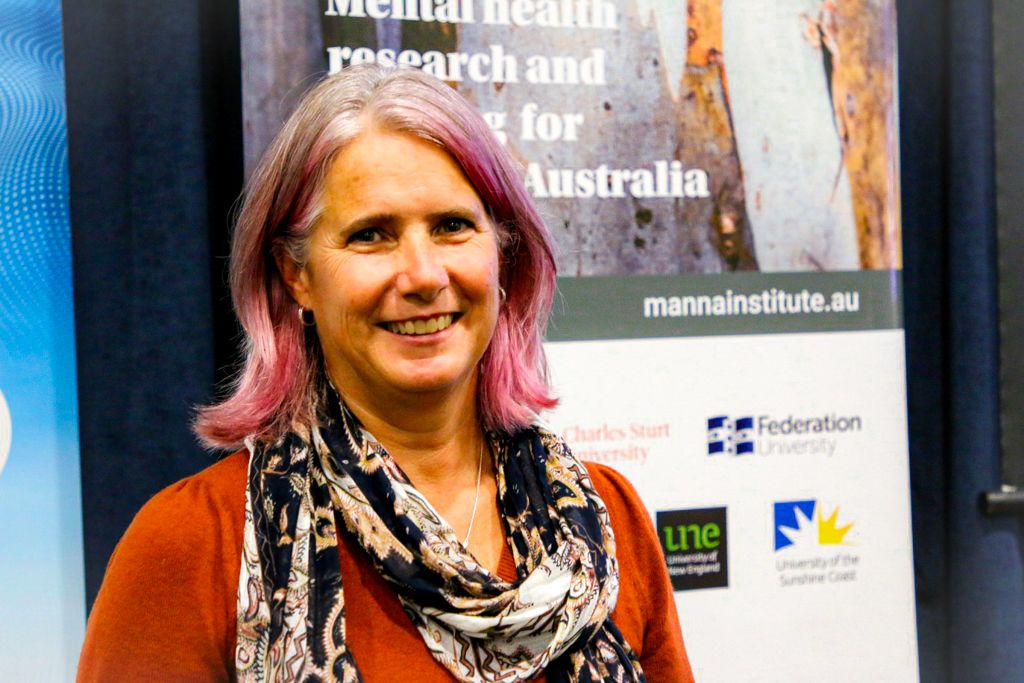
Manna Institute Director Myf Maple.
Manna Institute Director Myf Maple.
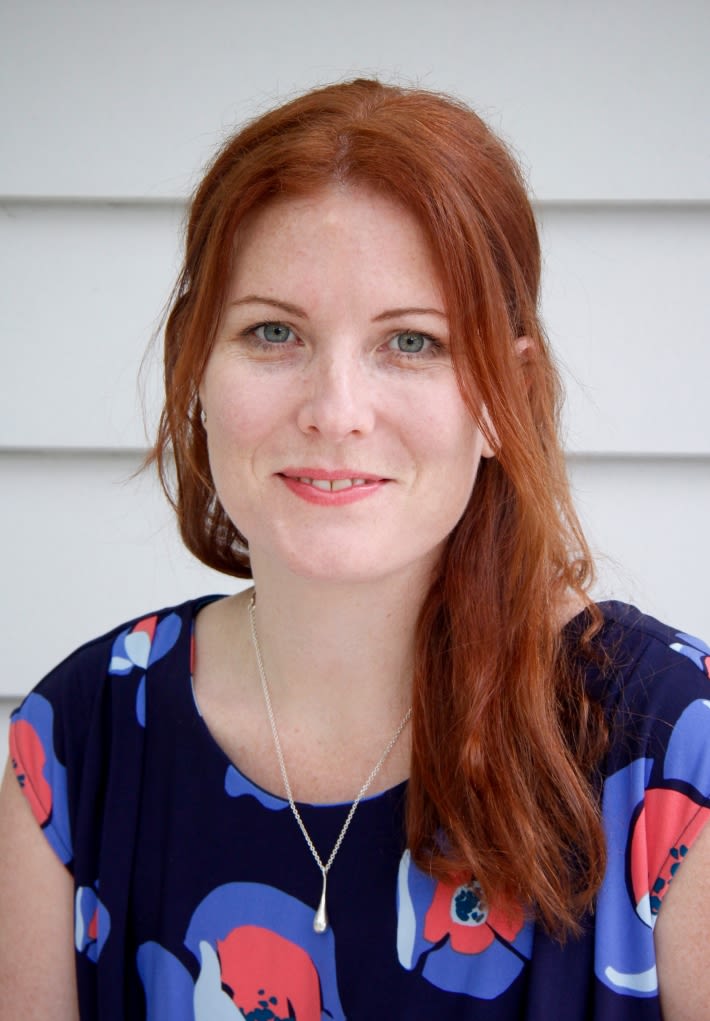
Associate Professor Sarah Wayland.
Associate Professor Sarah Wayland.
What does International Women’s Day mean to you?
I must admit I’ve struggled with IWD over the years. As a fierce feminist and mum to three girls - and a son, but it’s not his day! - I want to always elevate the needs of people who identify as female; however, the day can sometimes be performative. Over the years there have been too many examples of corporations using the day to ‘sell’ the idea that they are invested in the needs of women. We need more than cupcakes and well-wishes: the day needs to be intersectional and committed to addressing the pressing issues of human rights violations against women, violence against women, inequities in the workplace and representation across all sectors. The day doesn’t need merchandise, it needs action.
What does your current role at UNE entail?
My current role is as the Associate Dean, Teaching and Learning in the Faculty of Medicine and Health. In a nutshell, it entails providing leadership, support and strategic direction in relation to ‘all things teaching and learning’. I have daily opportunities to work with staff, both academics and professionals, to ensure that UNE continues to offer innovative academic programs and an outstanding learning experience to its students.
Why do you think diversity in the workplace is so important?
I think access, inclusion, safety and intersectionality are important in a diverse workplace. Ensuring safe spaces for women to thrive in their career takes more than a quota, it requires a continual co-design of what a university can offer, and how we support both staff – professional and academic - and students to be the best they can be. That means we need varied lived experiences, awareness of what people need to do their jobs and the dismantling of barriers that inhibit people from doing their very best.
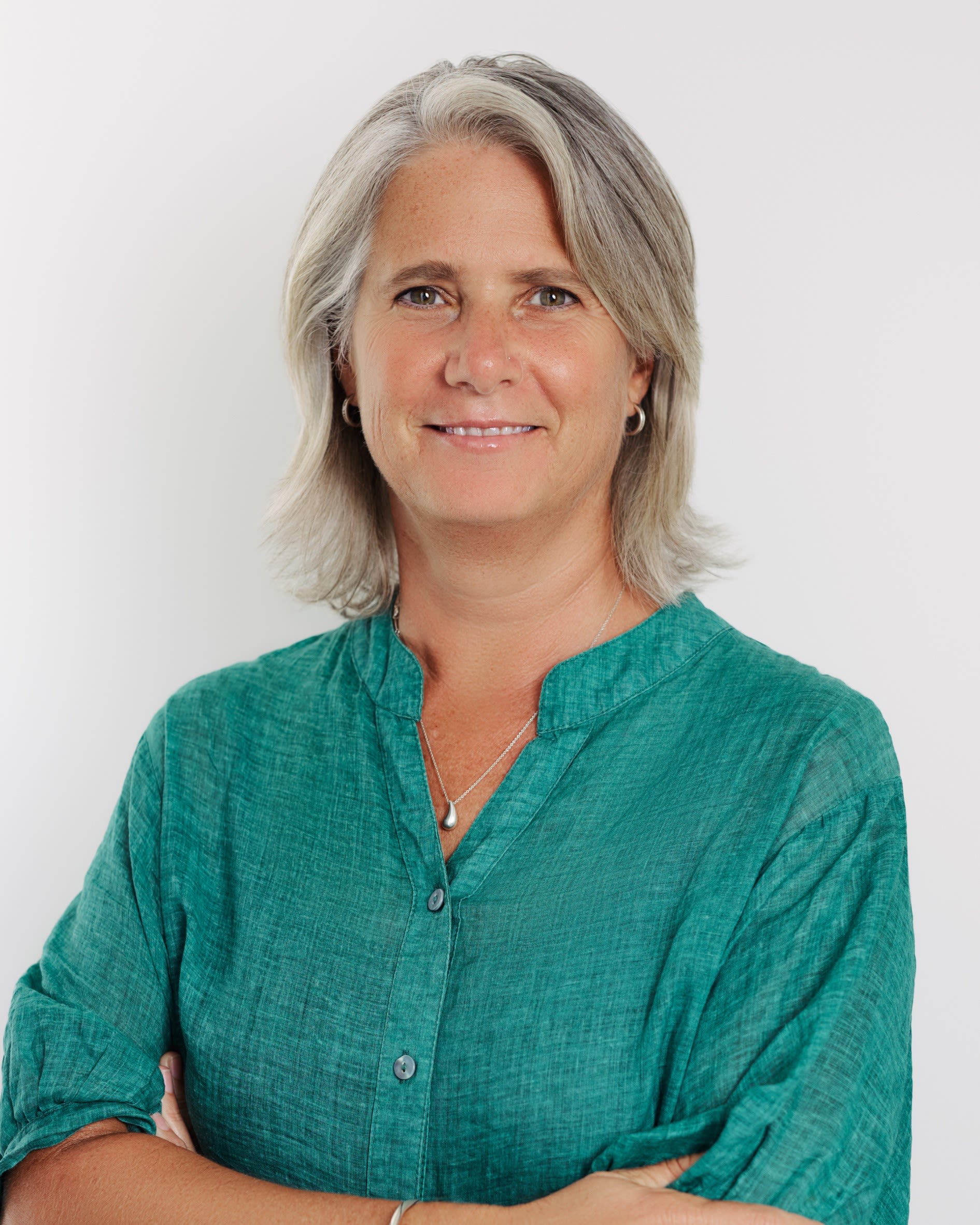
Professor Myf Maple.
Professor Myf Maple.
What does your current role entail?
Another fabulous initiative I have been fortunate to be involved in recently is the development of Manna Institute. Manna is a research and training institute that is a collaboration between the members of the Regional University Network, Lifeline Direct, Everymind and the Australian National University. We have over 80 researchers exploring all areas related to the mental health of those who live in regional Australia. My every-day role at the moment is making sure we are meeting our funding KPIs, but importantly looking toward the future to ensure Manna Institute remains a sustainable institute to continue to build evidence for regional mental health programs, a training ground for new mental health researchers and workforce, and to provide really important links between researchers, as the best ideas come from the collaborations between researchers, people with lived experience of mental ill-health and community service providers. This is really important to me as being a researcher at a regional university can be quite isolating – if you are the only person working in a particular area, having access to peers when starting out can be overwhelmingly difficult. Manna Institute breaks this down and provides formal and informal space for our researchers to build new networks, and in so doing, new ideas.
Have you faced any barriers in your career due to being a woman?
I am not sure where to start with this question – yes, many. Trying to enjoy a career and enjoy parenting and the challenges of the time-cost balance is so challenging for everyone, but particularly for women. For women in research careers this is extremely difficult, as the momentum needed for a successful research trajectory does not lend itself to gaps for time out for parenting. These may be easing, but the barriers and long-term impacts continue to be felt by women, and this has certainly been my experience. My way of overcoming this is just to remind myself I am doing my best with the resources I have at the time that I am making decisions about the next steps I might take in work or my personal life. There is unlikely ever a perfect way forward, so being kind with myself as I make decisions and reminding myself of this when I look back on past events and decisions.
Why do you think diversity in the workplace is so important?
To use the common adage ‘we can’t be what we can’t see’ – this speaks for itself in relation to those who will be coming into leadership roles in the future. Diversity is essential so others can aspire to roles where they see people who are like them. There is an additional piece, and that is that if we don’t have a broad variety of perspectives in leadership roles and governance groups then we don’t move forward, we aren’t able to change what is not working to remove barriers for those who are most vulnerable. Bringing together broad views to challenge the status quo is vital in making a more just and caring society.
Anna
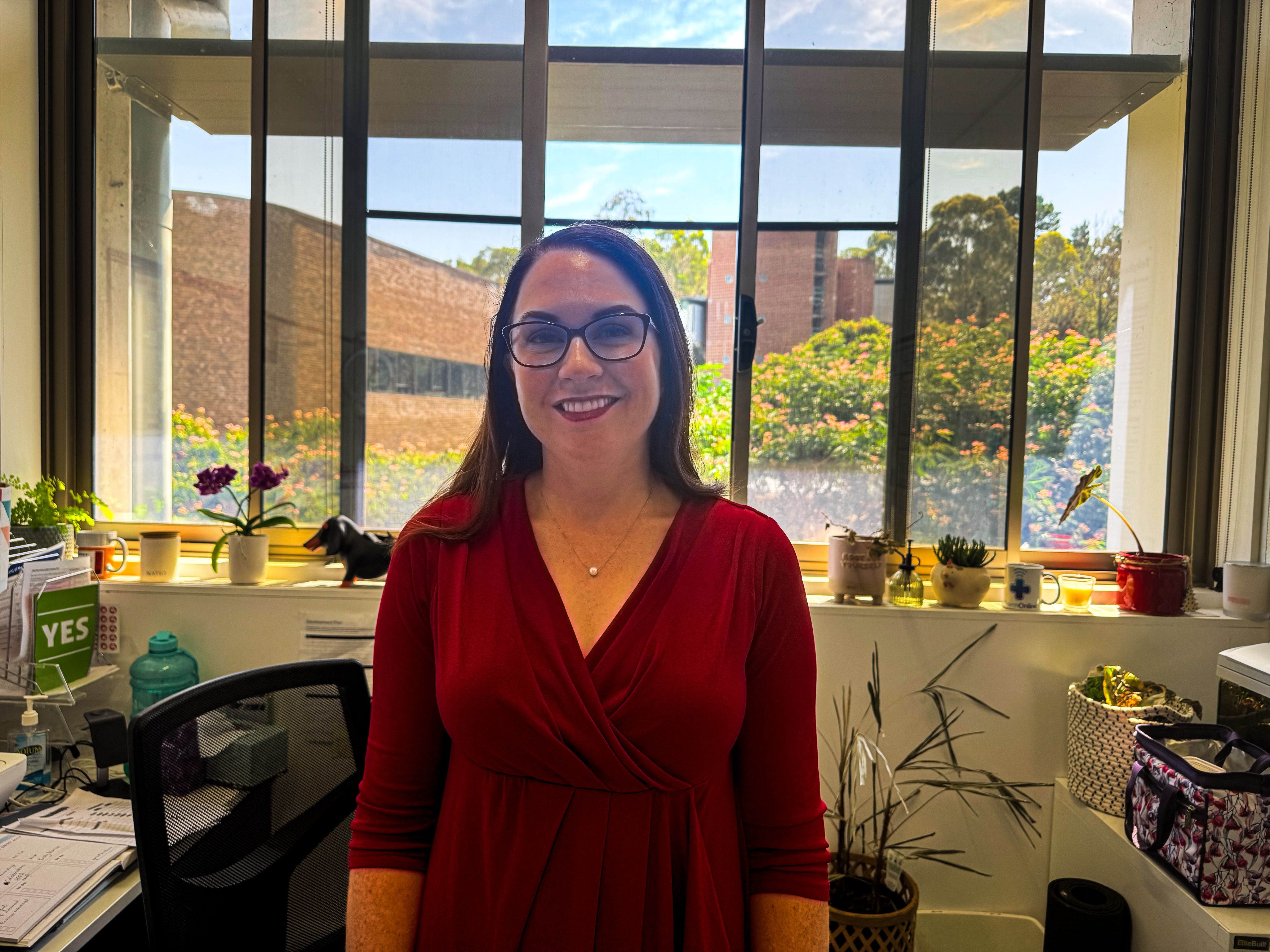
Senior Lecturer Anna Barwick.
Senior Lecturer Anna Barwick.
What advice do you have for women who want to make a career in pharmacy?
Jump in! The professional opportunities for pharmacists is expanding at a phenomenal rate. Our ability to influence and be at the forefront of primary care to help patients get the best out of their medicines and healthcare is finally being recognised. We are able to specialise in particular areas of healthcare and be acknowledged for it. We work closely with other health professionals to achieve person-centred care.
Have you faced any barriers in your career due to being a woman?
I have definitely been involved in committees where it was clear that I was there to ‘make up numbers’. I have taken these opportunities as a personal challenge to influence policy that has opened up new pharmacist services, including immunisation and prescribing. When you get a seat at the table, you need to use it.
Why do you think diversity in the workplace is so important?
Diversity boosts creativity, professional growth, and outcomes for all! Different points of view and suggestions based on culture and experience help to avoid issues and solve our issues faster. It is great to see this focus at UNE, as we all benefit from it.
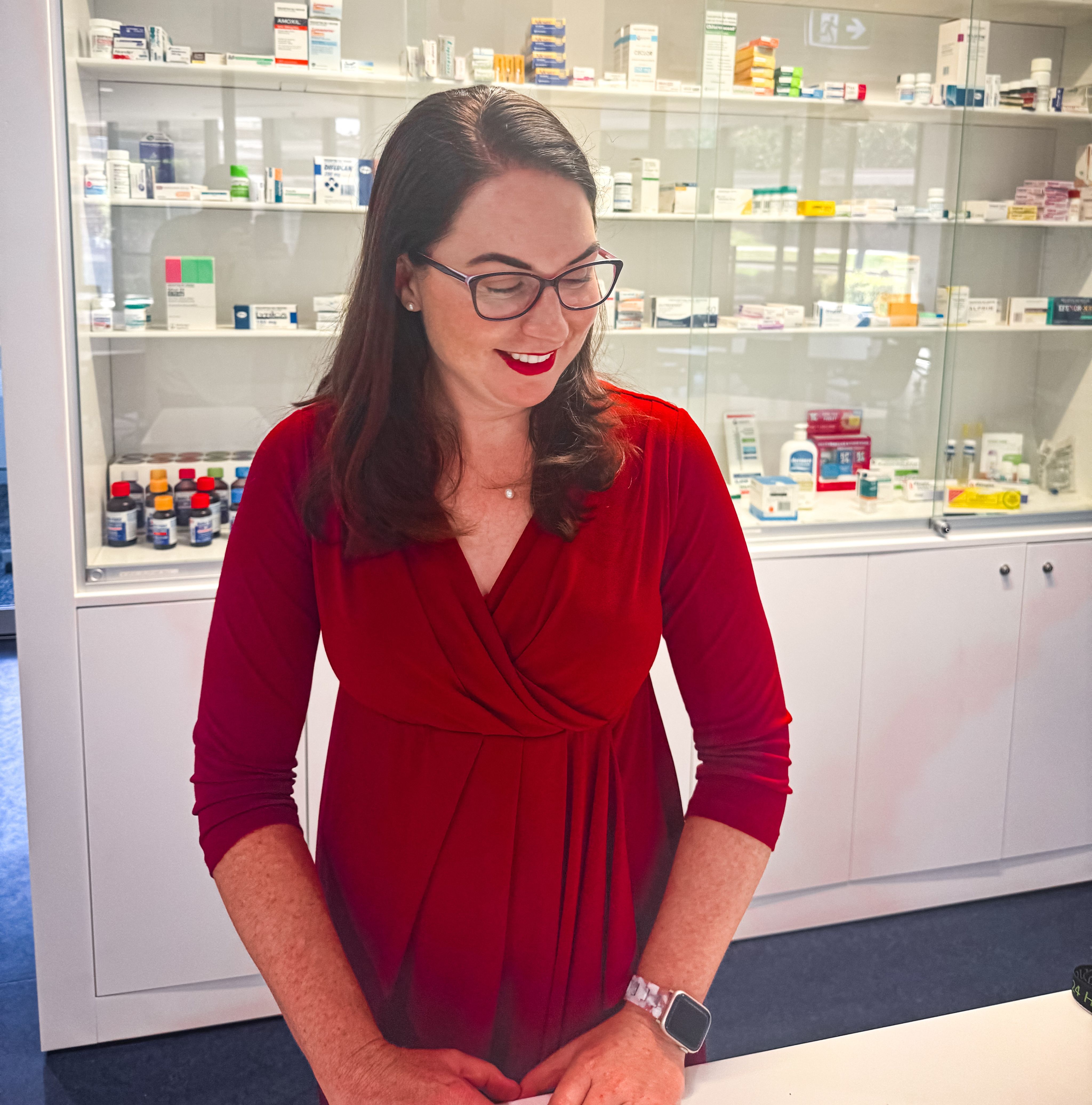
Anna Barwick
Tell us a little about yourself?
I grew up on the family farm in Peak Hill, Central West NSW. My parents were always interested in preventative measures and healthy outputs, and converted to organic and biodynamic production when I was young. This influenced my choice to study pharmacy, as I could see the benefits of preventing poor health by focusing on areas that directly influence outcomes such as environment, policy, and social determinants of health. Being a farm girl, I am passionate about rural and regional healthcare. After registering as a pharmacist and working in community pharmacy, I moved to hospital pharmacy practice and became accredited to complete home medication reviews. A position at UNE became available in the second year that pharmacy was offered, to organise clinical placements, when I began as a junior academic in 2012. I maintain my clinical practice through telepharmacy and medication reviews.
What does your current role at UNE entail?
I am a Senior Lecturer in Pharmacy at UNE. I am a unit coordinator of many of the pharmacy practice units. I love supporting students to learn new skills that they then successfully use in practice. I serve on UNE’s Academic Board and volunteer for many roles. I’m one of the Chief Investigators (CIs) on the NSW Pharmacy Trials, leading a team at UNE to implement and evaluate prescribing trials across rural and regional areas of the state. I am halfway through my PhD in telepharmacy that is exploring new models of care.
Is there anyone who inspires you in your career?
The Honourable Dame Quentin Bryce, the first and only woman to have held the position of Governor-General of Australia, displays the philanthropic and career diversity that I aspire to. Individuals that serve others and lift them up are endlessly inspiring. I also have countless inspirational people in my profession and beyond it!
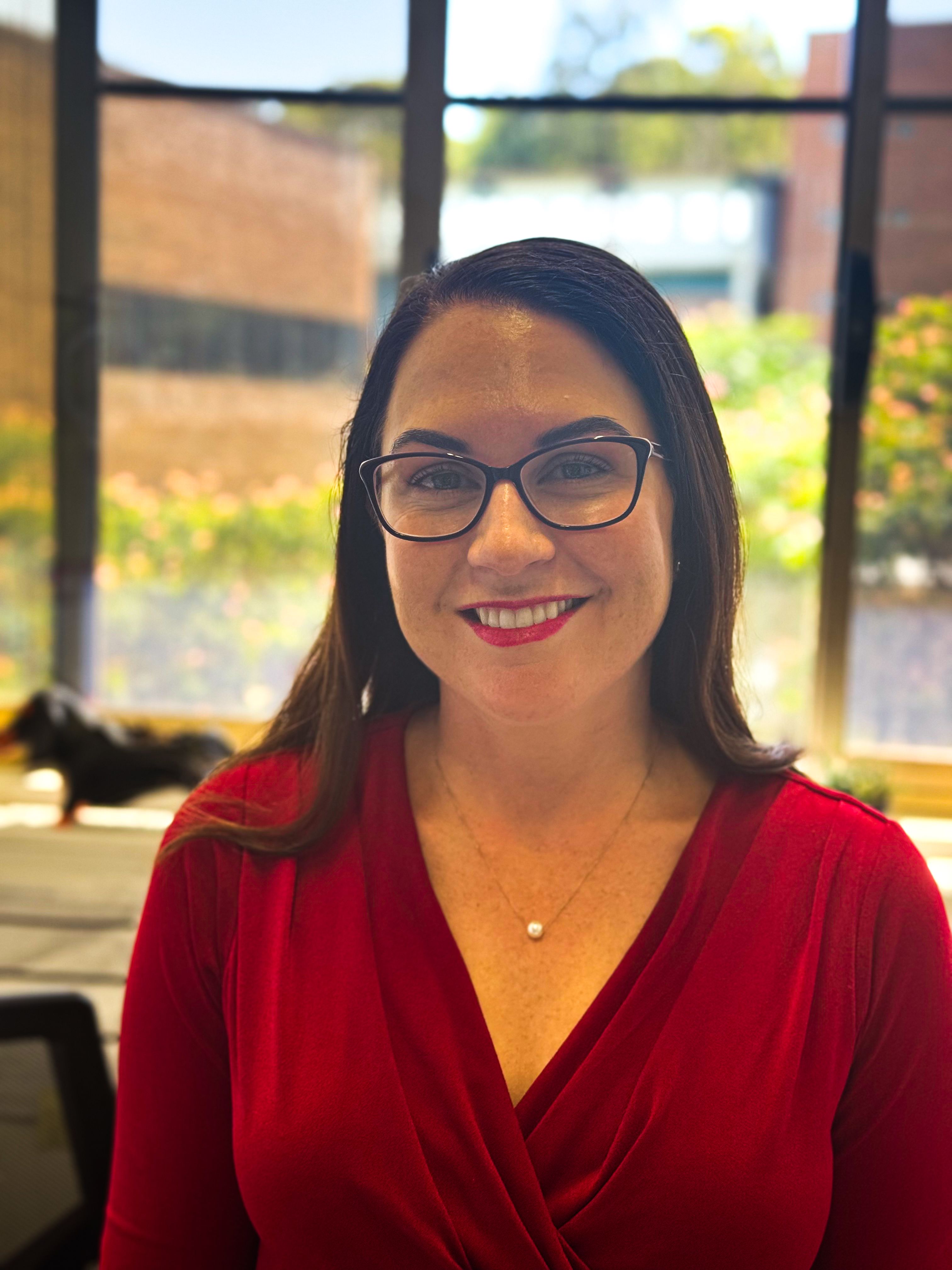
How can we encourage future women leaders?
Mentoring and offering flexibility through life stages will help to ensure the current barriers can be removed, to support our future leaders. I recently wrote an article with outstanding female pharmacy leaders that outlines our vision for leadership.
Happy International Women's Day!